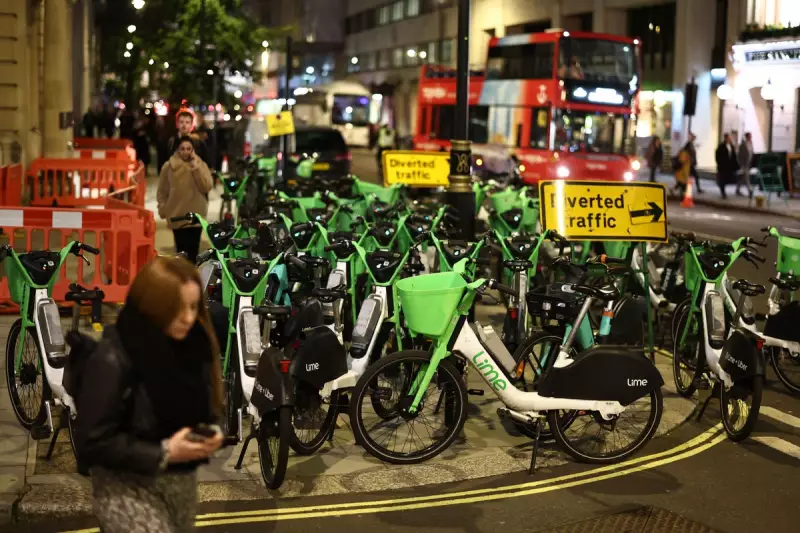
A stark warning has been issued by the Royal National Institute of Blind People (RNIB) as silent, electric vehicles turn Britain's pavements into zones of anxiety and danger for visually impaired pedestrians.
The Invisible Threat on Our Pathways
New research commissioned by the RNIB paints a distressing picture: a significant majority of blind and partially sighted people now feel increasingly unsafe during routine walks. The primary culprit? The rapid proliferation of e-scooters and e-bikes being illegally ridden on pavements, their near-silent approach offering little to no warning.
These vehicles, often travelling at considerable speeds, are creating what campaigners describe as 'no-go areas' for those who rely on their hearing and a clear path to navigate the world independently.
By the Numbers: A Crisis in Confidence
The statistics from the study are alarming and underscore the scale of the problem:
- 65% of respondents feel less safe walking now compared to just a year ago.
- 90% have had a negative experience with a pavement rider.
- Many report frequent near-misses, being forced into the road, or even suffering physical collisions.
This isn't just an inconvenience; it's a full-scale assault on their confidence and freedom, leading many to avoid certain routes altogether.
A Plea for Protection and Enforcement
The RNIB is now issuing an urgent call to action, demanding stronger measures to protect vulnerable pedestrians. Their key recommendations include:
- Stricter Law Enforcement: A concerted crackdown on illegal pavement riding with meaningful penalties for offenders.
- Public Awareness Campaigns: Educating all road and pavement users on the profound impact of their actions.
- Design Innovation: Exploring technical solutions, such as mandatory acoustic vehicle alerting systems (AVAS) on all e-scooters and e-bikes, to make them audible.
As one campaigner powerfully stated, the pavement is a “lifeline, not a shortcut,” and its misuse is causing untold distress and isolation.
The Road Ahead
This report sends a clear message to policymakers, rental companies, and riders: the current laissez-faire approach is failing some of the most vulnerable in society. As micromobility continues to grow, integrating it safely into our urban fabric is not just a matter of regulation, but one of basic compassion and social responsibility.
The freedom of one group should not come at the expense of another's safety and independence.





